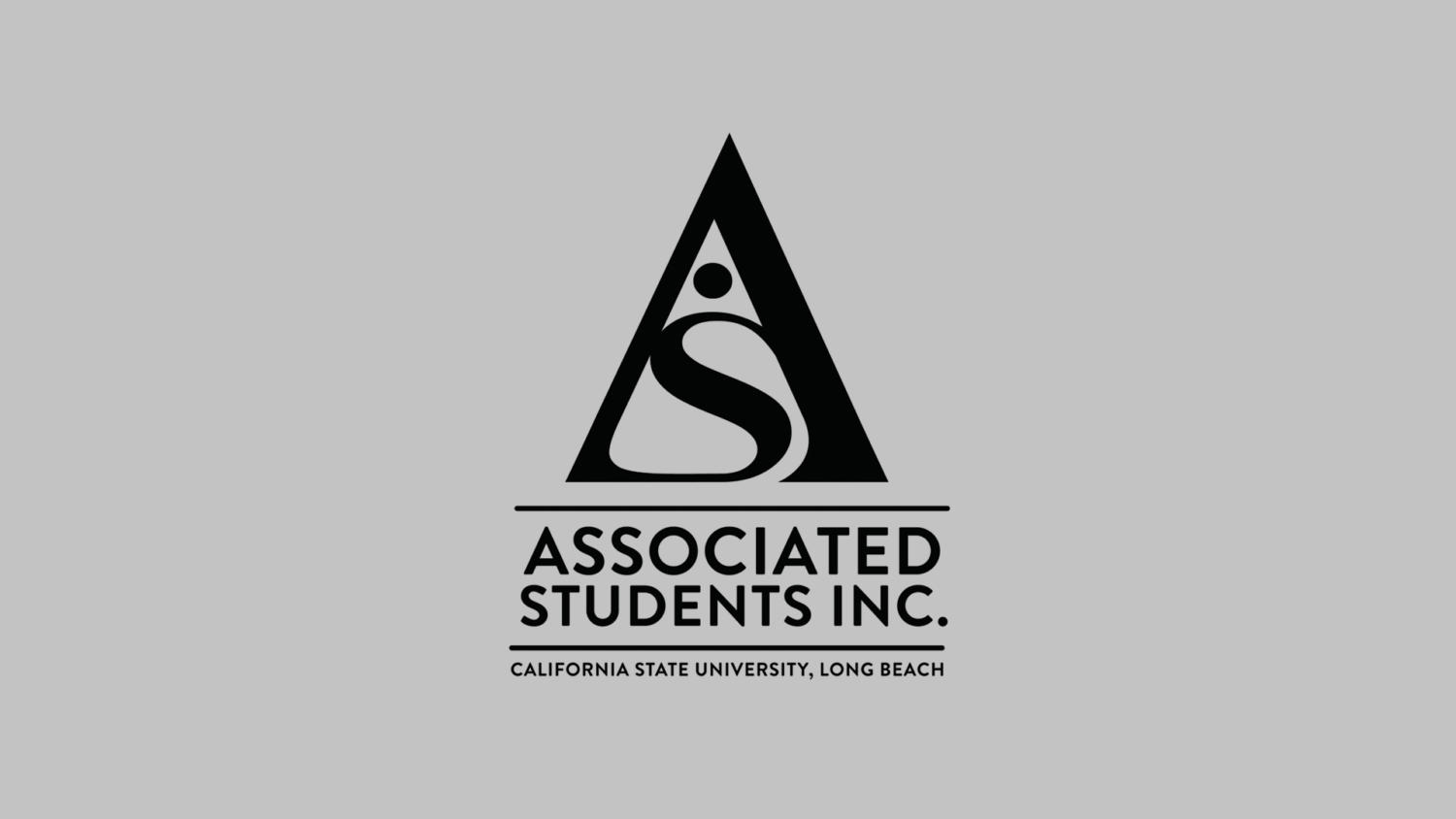Student senators were in a state of disarray Wednesday over a new resolution addressing free speech.
The resolution eventually passed on a second reading, but not without arguments from both sides. One of the main topics of contention regarding the resolution was whether or not to include the term “hate speech.”
Vice President Sofia Musman addressed legal issues with the term. She said that Associated Students Inc.’s attorney recommended that they change the term to avoid the possibility of a lawsuit.
According to Ian MacDonald, senator for natural sciences and math, the point of the reactionary resolution is for students to know the senate recognizes the recent spike in hate speech on campus, and the organization is doing its best to protect constituents.
MacDonald’s original hope for the resolution was to protect First Amendment rights while letting students know that student government recognizes the hateful rhetoric on campus such as the racial slurs vandalized in a men’s bathroom stall a few weeks ago.
He and other present members were unhappy with the current state of the resolution.
Senator-at-large Thulani Ngazimbi voiced his displeasure with the possible deletion of “hate speech” in the resolution’s language and said removing such a term would make the resolution pointless.
Ian MacDonald, senator for natural sciences and math, said the resolution has drifted too far from its original purpose.
“Instead of addressing hateful actions, this resolution obviously implies that controversial opinions, ideas and expressions are equivalent to unlawful speech that targets, threatens or harasses [others],” MacDonald said.
However, MacDonald and Ngazimbi both said they agree that people should have right to vocalize their opinions regardless of how controversial they are.
“I support people being able to come to the university, as controversial as it seems…I support the equal right for Milo having the ability to come speak on a university campus,” Ngazimbi said. “I come from a country where you couldn’t even speak about your president because they will arrest you. The reason I got involved in government is because this is something I won’t do in my own country. I can’t speak on issues. It’s impossible.”
After the resolution’s first revision, Executive Director Richard Haller was still unhappy with one of the clause’s contents. He cited one of the lines that stated “violence is inextricably linked to language.”
“That’s a very powerful statement,” Haller said. “And there’s no citation to that…I don’t know from the authors if that’s something you just heard from somebody or something you read somewhere. I know plenty of academics that would disagree with that.”
The formal title of the resolution was also debated. Leen Almahdi, senator of health and human services, said she was personally affected by the hateful incidents on campus and that the title was not adequate.
“I don’t think it’s enough for ASI to say that they stand for [students],” Almahdi said. “That’s our job. I think it’s really important for us to state what the issue is and acknowledge it. We can’t continue to dilute this issue [and] call it what’s it’s not. It’s hateful speech. Let’s call it what it is.”
The final reading of the resolution will be debated Nov. 29.




